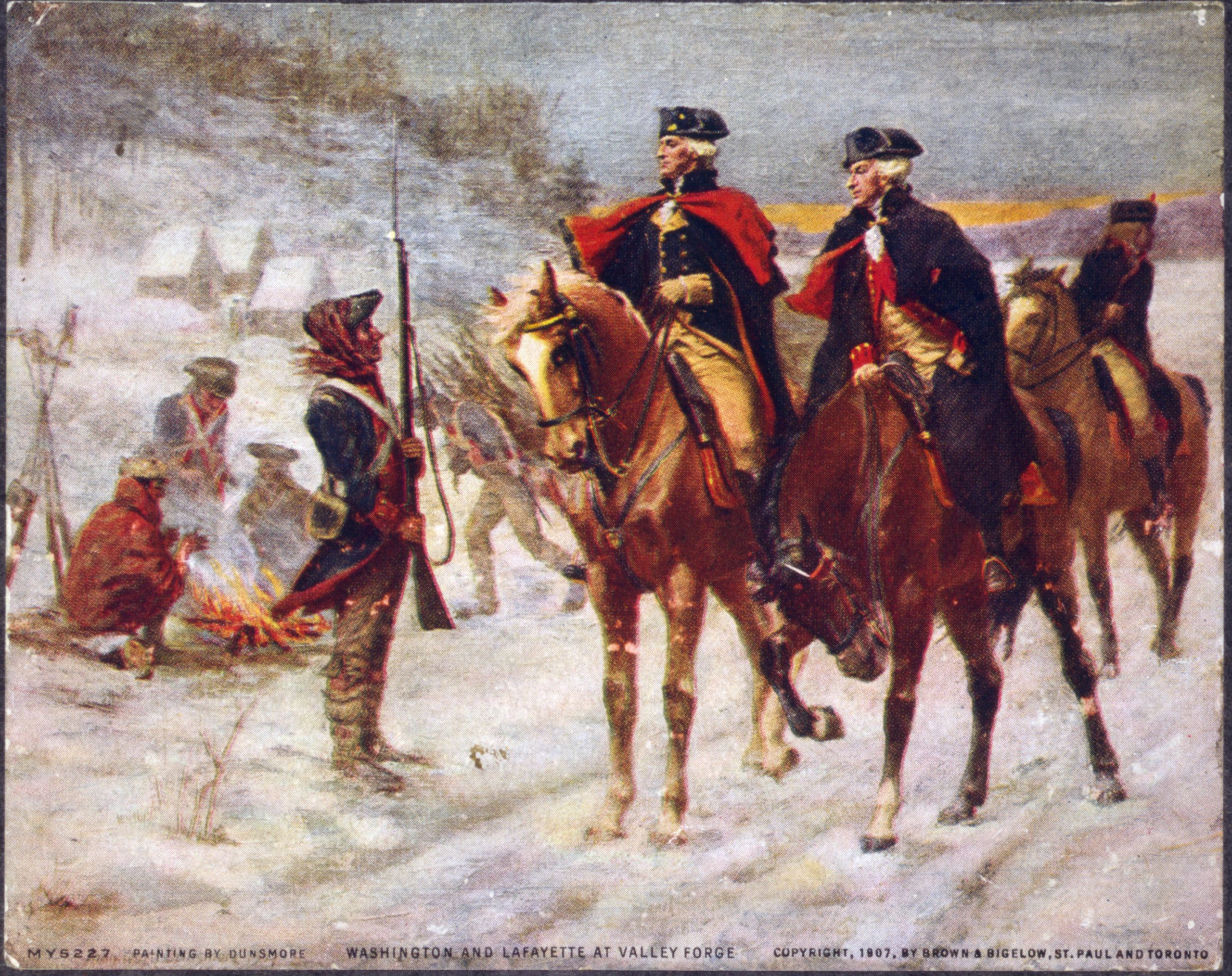Smallpox
Smallpox is an acute disease caused by the variola virus . It is highly contagious and has caused millions of deaths going back over three thousand years. Three out of every ten who contracted Smallpox died. Those who survived were scarred for life, and some were blinded. European settlers carried Smallpox to America in the 1600’s.
Germ Warfare
During the Revolutionary War, General George Washington feared that the British might use smallpox as a weapon against his Continental Army. Washington’s concern about this early version of biological warfare was justified. In 1753, British officers at Fort Pitt, Pennsylvania, hoping to infect Ottawa Indians, gave them blankets and a handkerchief from their Smallpox hospital. Washington had learned that British General Howe had deliberately infected possible deserters with Smallpox, hoping they would carry it to the Continental Army.
Washington Inoculates His Army
Washington knew the danger of Smallpox firsthand. As a young man, he had contracted Smallpox and was sick for weeks. The disease had left his face scarred. In 1775, British-controlled Boston experienced a Smallpox epidemic. Washington received reports that the British were sending infected people out of Boston in hopes of infecting American troops. Washington’s response was to ban anyone from Boston from coming near his troops. Anyone suspected of being infected was quarantined in a separate hospital. When the British withdrew from Boston, Washington, hoping to stop the spread of the disease, sent previously infected smallpox-immune troops to occupy the city. In 1776, Smallpox epidemics continued to rage among civilians in Boston and Philadelphia. Fear of contracting the possibly fatal disease affected army recruitment. While inoculation against Smallpox was effective, it would take soldiers out of service for as long as a month. Washington could not afford to lose members of his current army for fear of a British attack. He ordered that new recruits be inoculated against Smallpox immediately upon enlistment.
Then, in 1777, the entire Continental Army was inoculated with a milder form of the disease. General Washington’s decisions regarding Smallpox saved lives among civilians and soldiers alike and helped lead to military victory over the British.
Today
By 1980, thanks to vaccinia virus vaccines, Smallpox was finally eradicated. During the COVID-19 pandemic, pseudoscience, misinformation, conspiracy theories, and myths played a large part in an anti-vaccine movement, which resulted in higher infection rates, leading to unnecessary suffering and deaths.
Ah, what a difference leadership makes.
Sources
https://www.who.int/health-topics/smallpox#tab=tab_1
https://www.cdc.gov/smallpox/index.html
https://www.mountvernon.org/library/digitalhistory/digital-encyclopedia/article/smallpox/
https://www.umass.edu/legal/derrico/amherst/fenn.html
https://muse.jhu.edu/article/46407
https://www.battlefields.org/learn/articles/washington-inoculates-army
https://www.politico.com/news/2023/09/24/anti-vaxxers-political-power-00116527
Thanks and a tip of the hat to By John Ward Dunsmore – https://www.loc.gov/pictures/item/91792202/, Public Domain, https://commons.wikimedi a.org/w/index.php?curid=16944858 for the image of General Washington.



























